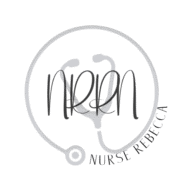
I used to think every pang in my stomach was a problem to fix. Hungry? I must be “bad” for not controlling myself. Tired? Clearly lazy. Bloated? Better punish myself with a salad and extra cardio.
That’s the twisted game body shame teaches us. We stop hearing the signals and start layering judgment over them. Instead of seeing hunger cues as communication, they become evidence we’re “out of control.” Instead of seeing fatigue as a nudge to rest, it becomes a moral failing.
The truth? Your body isn’t out to betray you. It’s sending you constant information—signals meant to guide, not shame. The skill is learning to listen without turning those signals into self-criticism.
The Day I Realized I Was Wrong
A few years back, I caught myself standing in front of the fridge, not even hungry but searching for something sweet. My first thought? Ugh, why are you like this?
But that day, instead of spiraling into guilt, I paused. I asked myself: What’s actually happening here? Turns out, I wasn’t hungry. I was stressed from juggling work, kids, and the never-ending laundry. That craving wasn’t a lack of willpower—it was my body saying, “Hey, we’re overwhelmed. Can we soothe in a different way?”
That moment cracked something open for me. I didn’t need stricter food rules. I needed to get better at tuning into the signal beneath the urge.
Signals Are Not Character Flaws
Here’s a truth I wish someone had tattooed on my forehead when I was twenty:
Hunger is not weakness.
Cravings are not proof you’re broken.
Tiredness doesn’t mean lazy.
Bloating isn’t failure.
These are body signals—information. Your body runs like a smart system. Just like your car tells you it’s low on gas, your body tells you it’s low on energy. Ignoring or shaming those signals doesn’t make them go away. It just makes you resent your own body.
And sometimes those signals can reveal more than just daily needs. For example, frequent fatigue or intense cravings can be linked to hormone shifts or blood sugar dysregulation. That’s why I sometimes recommend tools like the Nutrisense CGM (Continuous Glucose Monitor) to clients—it helps you see how your blood sugar responds to meals in real time. Learn more about Nutrisense here.
Affiliate disclosure: This post contains affiliate links, meaning I may earn a small commission if you purchase through them, at no extra cost to you.
Practical Ways to Tune In Without Tearing Yourself Down
Here’s what I’ve learned through trial, error, and a lot of messy middle moments:
1. Name the Signal Before You Judge It
When you feel a strong urge—hunger, craving, fatigue—literally say to yourself: “This is a signal, not a shame.” It interrupts the automatic blame cycle.
Example: “I’m craving chips. That’s a signal. Maybe my body wants salt after a sweaty day.”
2. Use the “Curious Nurse” Approach
(Yes, this is my go-to trick.) Pretend you’re a nurse observing a patient. Would you roll your eyes at them for being tired? Or would you look at the data, consider the stressors, and offer compassion? That’s how you need to treat yourself—curious, not critical.
3. Check the HALT Acronym
Hungry, Angry, Lonely, Tired. Sometimes what feels like a craving is really an emotional or situational need. I can’t tell you how many times my “sugar cravings” were actually “lonely while folding laundry” cravings.
4. Pair Awareness with Action
Not every signal means “eat.” Sometimes it means “breathe,” “stretch,” or “call a friend.” The point is not to suppress signals, but to respond in a way that fits the need.
5. Drop the Diet Lens
If you’ve spent years dieting, your brain will automatically try to categorize every body signal into “good” or “bad.” Hunger after dinner? Bad. Craving chocolate? Very bad. Wanting rest instead of a workout? Terrible.
But none of those are moral categories. They’re human. Reframing them takes practice, but it’s worth it.
Why This Matters for Weight and Wellness
Here’s the kicker: ignoring signals often backfires. Diet culture says, “Power through the hunger.” But what happens later? The binge. The guilt spiral. The very cycle you wanted to escape.
By contrast, responding to signals builds trust. When your body learns it can rely on you to feed it, rest it, or manage stress instead of punishing it, cravings calm down. Eating becomes more balanced. Weight regulation becomes less of a war and more of a steady flow.
And if you’re noticing patterns like extreme fatigue, bloating, or mood changes, it might be worth checking labs for thyroid or cortisol levels. At-home options like Everlywell or HealthLabs panels can be a helpful first step. See hormone testing options here.
One Small Exercise to Try This Week
Try this the next time you feel a craving or judgment about your body:
Pause and put your hand on your stomach.
Ask, “What exactly am I feeling?” (Is it hunger, or stress? Energy dip, or boredom?)
Write down the answer. No censoring, no judging.
Respond with respect. If you’re hungry, eat a balanced snack. If you’re stressed, try a walk or stretch before deciding if food is what you really need.
Do this for a week. You’ll be surprised how quickly the guilt voice quiets down when the curious voice gets louder.
What I Want You to Take Away
Your body is not the enemy. It’s a lifelong partner sending you signals every single day. When you stop translating those signals into shame and start interpreting them as guidance, you build trust. That trust is the foundation of lasting health—not another diet or quick fix.
And please hear this: tuning into your body isn’t about being perfect. It’s about progress. Even noticing one signal without judgment this week is a win.
Ready to Take the Next Step?
If reading this feels like a breath of relief, you’re not alone. So many of the women I work with have spent years battling their bodies instead of listening to them. Coaching with me is about rebuilding that trust—learning to hear your signals, drop the shame, and create health habits that stick.
Here are a few ways you can start right now:
Take the free quiz: What’s Sabotaging Your Healthy Habits? to see which thought patterns might be holding you back.
Download the Inner Critic Playbook and the What Spikes Me Workbook—two free resources designed to help you spot hidden patterns and get curious instead of critical.
Book a free 60-minute consultation with me here. We’ll talk through your goals and where your body signals may be getting lost in the noise.
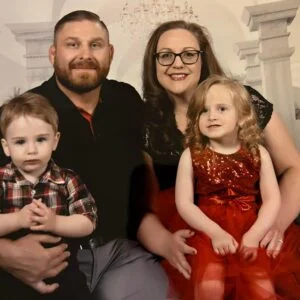
Rebecca Paeth, BSN-RN
Nurse Rebecca Health Coaching
Join me on my journey to a healthier lifestyle
I'm Rebecca, and I've been where you are.
If you’re tired of the endless cycle of dieting and conflicting health advice, feeling overwhelmed and longing to truly understand how to nourish your body and feel good in your own skin like I did, you’re in the right place. Through my blog, I share insights on weight loss, mindset, neuroplasticity, nutrition, and self-care to empower you on your wellness journey. Whether you’re seeking personalized guidance to address specific health challenges or you’re ready to break free from restrictive diets and embrace body acceptance while achieving sustainable weight loss, I offer coaching programs designed to help you cultivate lasting health and body confidence. Ready to explore a different path?

Benefits You Can Expect
Personalized, Evidence-Based Support
One-on-one sessions tailored to your health history, goals, and lifestyle—rooted in nursing expertise and current wellness science.
Mindset Transformation for Lasting Change
Guided coaching to help reframe limiting beliefs around food, body image, and health—so you stop sabotaging your progress.
Clear, Actionable Guidance Without the Overwhelm
Practical tools, customized strategies, and compassionate support to help you take consistent, manageable steps forward.
Our Happy Clients!
“Working with Rebecca completely shifted my mindset.”
I had tried everything—diets, workout programs, you name it—but nothing ever stuck. Rebecca showed me how to reframe my beliefs about food and my body. I’m losing weight without trying to lose weight!

Rated 5 out of 5
Sarah L.
“I finally feel in control of my health for the first time in years.”
Rebecca didn’t just focus on my symptoms—she really listened to my story and helped me understand the root of my challenges. Her guidance was practical and tailored to me, and now I feel empowered to make choices that support my health every day.
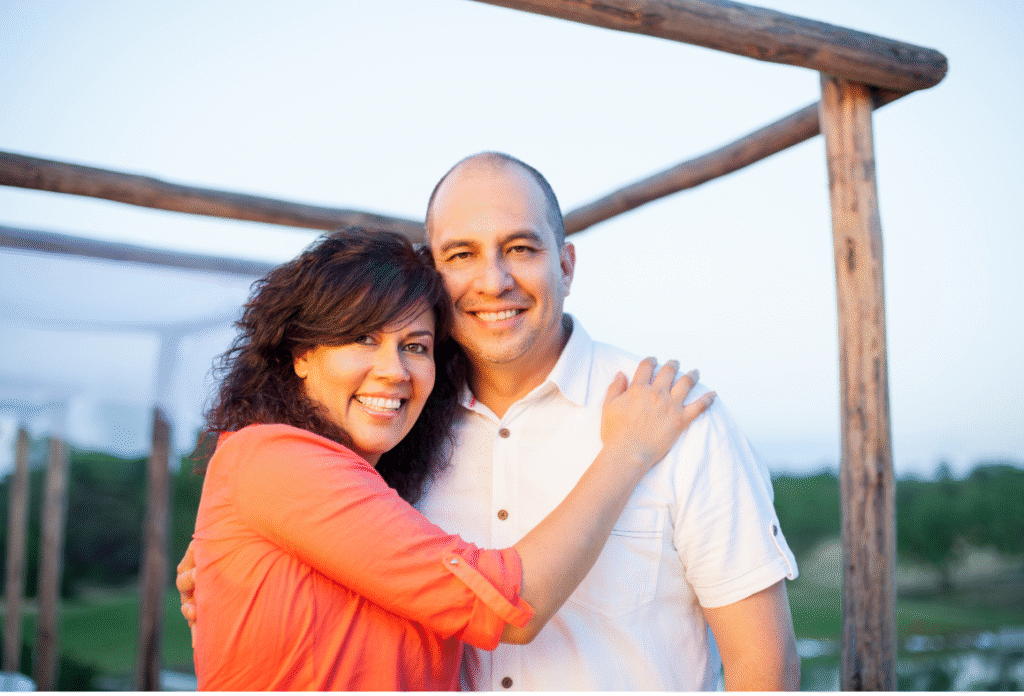
Rated 5 out of 5
Lisa S.
“Rebecca’s support made all the difference.”
Having someone who understands both the medical side and the emotional side of health was a game-changer for me. Rebecca provided me with actionable steps, encouragement, and accountability every step of the way. I can’t recommend her coaching enough!

Rated 5 out of 5
Kimberly F.
How It Works
Schedule Your Free Consultation
Book a no-pressure session where we’ll talk about your health goals, struggles, and what’s been holding you back. You’ll walk away with clarity—even if you don’t sign up.
I Handle the Details, You Focus on You
Based on your unique history and needs, I’ll create a personalized plan—no generic advice here. You’ll get clear next steps, ongoing support, and a roadmap that fits your life.
See Real, Sustainable Results
With consistent guidance and mindset shifts, you’ll feel more in control of your health, more confident in your choices, and more connected to the person in the mirror.
What’s Included in Your Coaching Journey

1-on-1 Coaching Sessions
Personalized 60-minute sessions tailored to your unique health goals, lifestyle, and challenges.

Custom Wellness Plans
A roadmap designed just for you—no generic advice, just focused guidance based on your needs and medical background.

Tools to Support Change
Worksheets, journaling prompts, and reflection exercises to help you stay mindful and motivated between sessions.
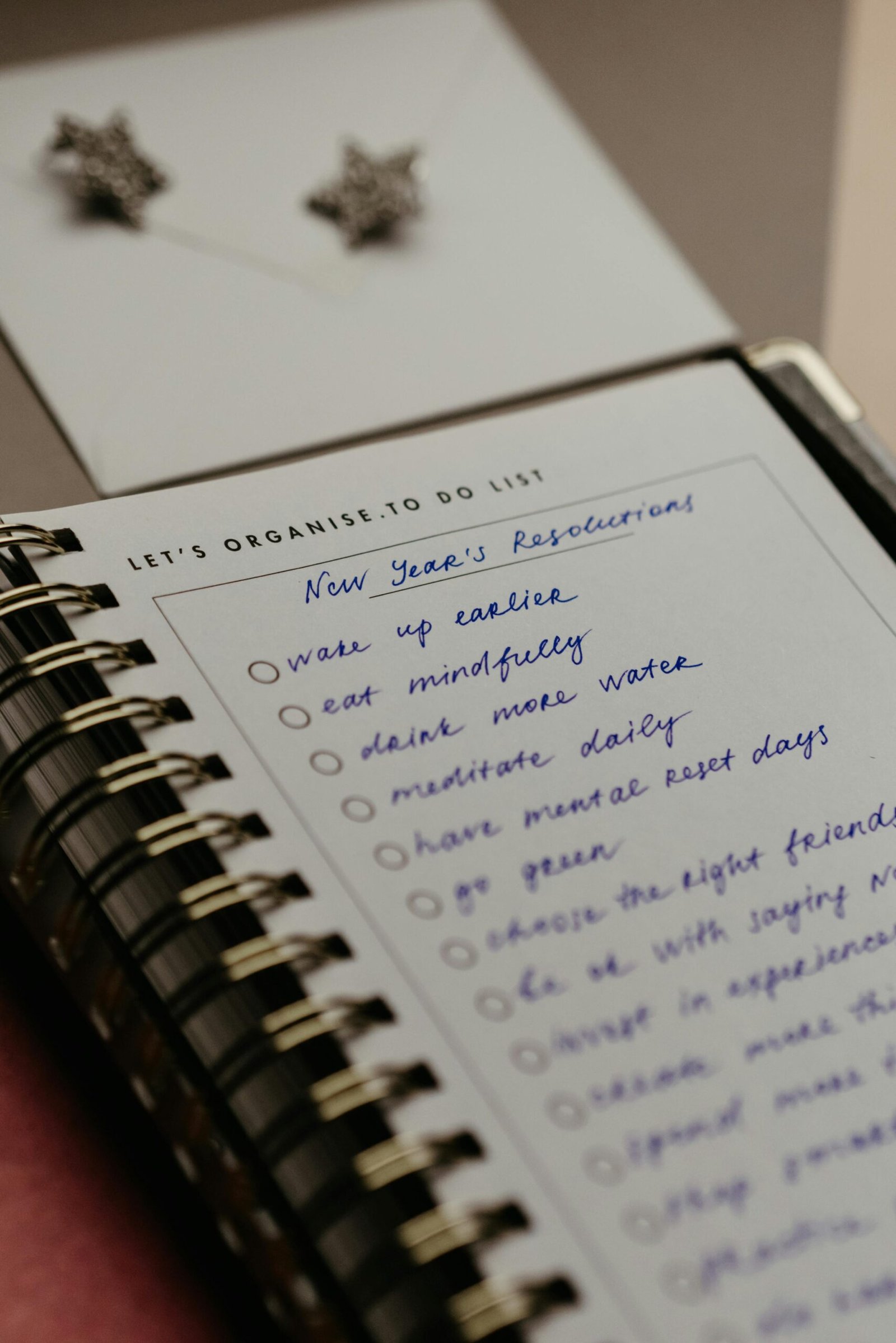
Progress & Accountability Tracking
We’ll track what matters most to you—from energy to mindset to symptom relief—so you can see real growth.
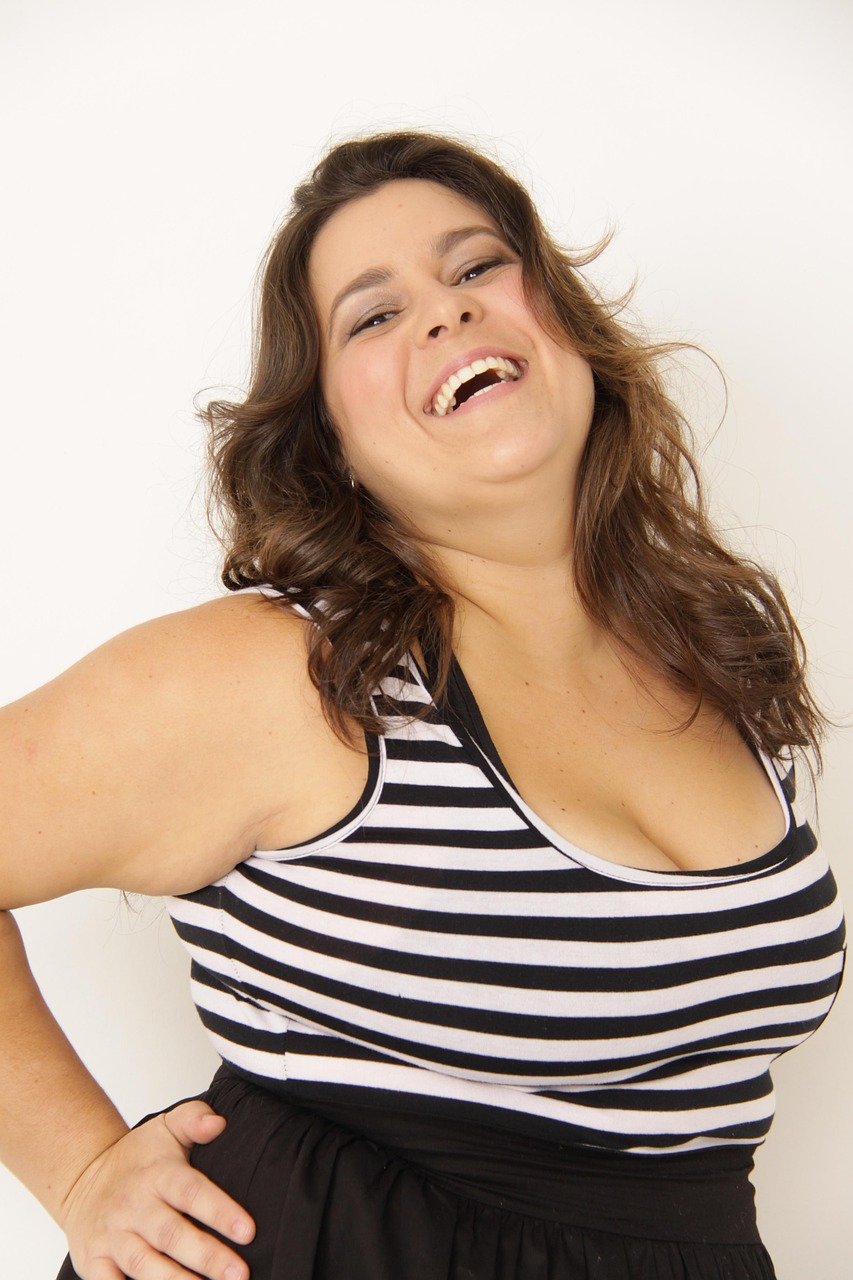
Mindset & Habit Coaching
Break free from old patterns and build new habits with a focus on lasting behavior change—not quick fixes.
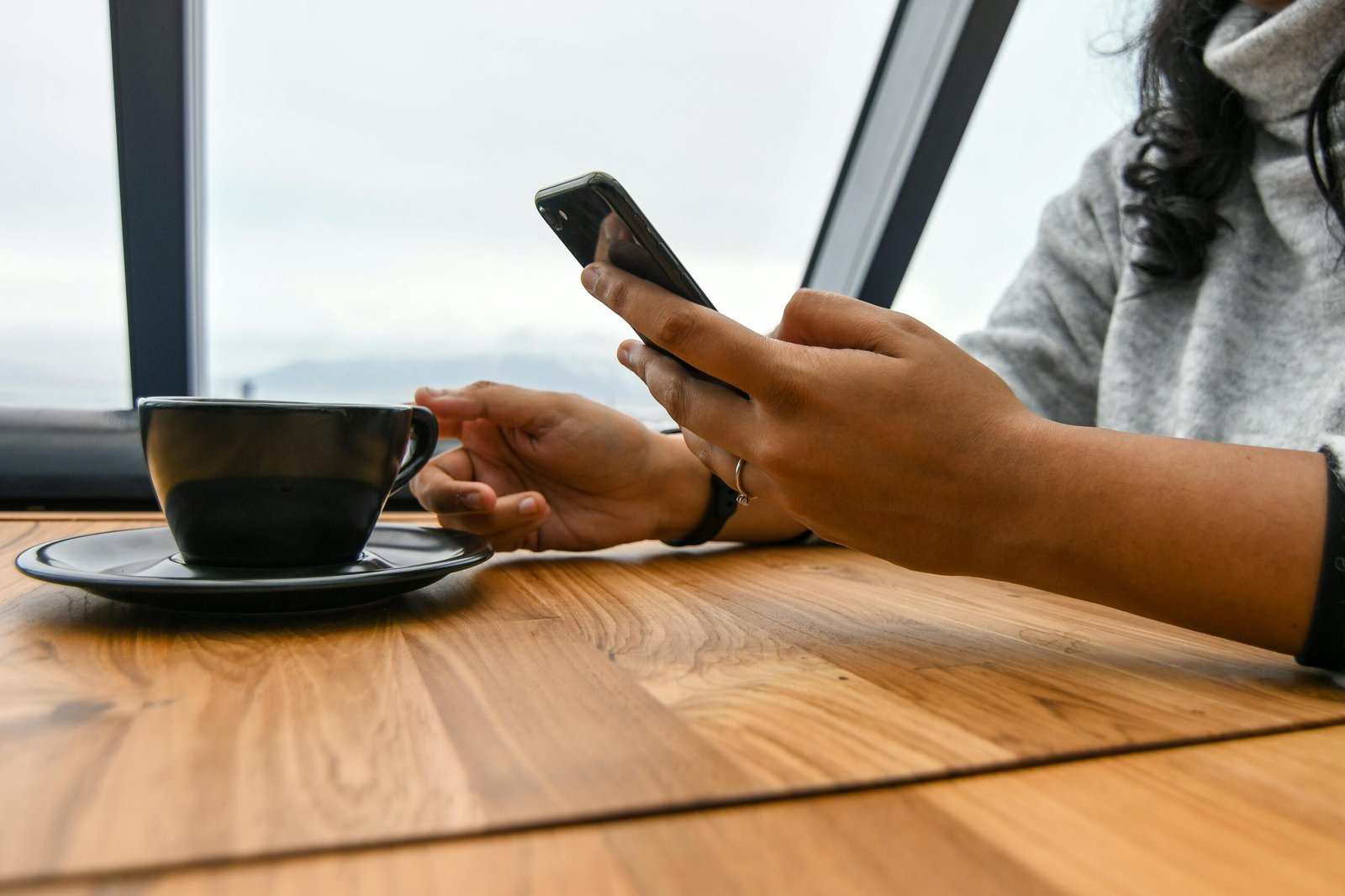
Ongoing Support Between Sessions
Stay connected with check-ins and direct access to me for questions, encouragement, and clarity when you need it.
Ready to Take the First Step Toward a Healthier, Happier You?
You don’t have to figure it out alone. Whether you’re managing a chronic condition or tired of the constant struggle with weight and self-doubt, support is here.
